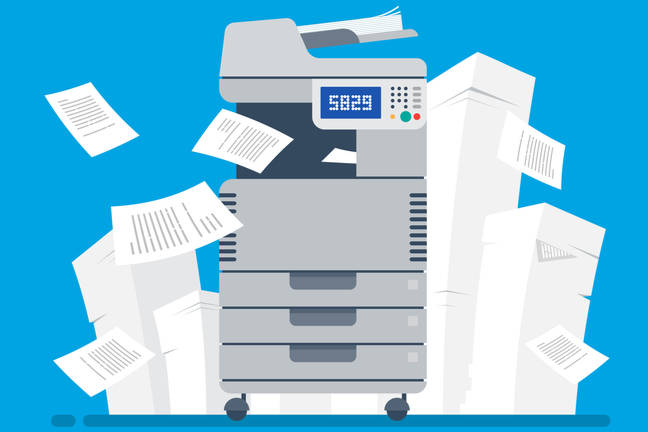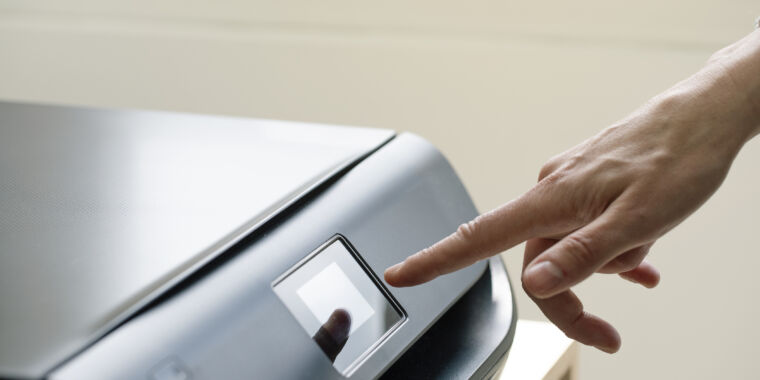Japanese electronics and printer maker Epson announced this month that it will end the sale and distribution of laser printer hardware by 2026, citing sustainability issues.
According to the company, inkjets have a "greater potential" than laser printers to make "meaningful advances" when it comes to the environment. The company already halted laser printer sales in many markets, but continued in Asia and Europe. Even though new hardware would be unavailable everywhere, Epson said it would continue to support consumers with consumables and spare parts. "As a company we're totally committed to sustainable innovation and action, and inkjets simply use less energy and fewer consumable parts," explained Epson sales and marketing manager Koichi Kubota in canned statement. "While laser printers work by heating and fusing toner to a page, Epson's Heat-Free inkjet technology consumes less electricity by using mechanical energy to fire ink onto the page."
"Our printing business will from now put the focus on inkjet," added Kubota. A 2019 Epson blog post claimed its inkjets consume 85 percent less energy than similar-speed laser printers.

Epson stops making laser printers for sustainability reasons
Inkjet is the future, claims Japanese printer maker

